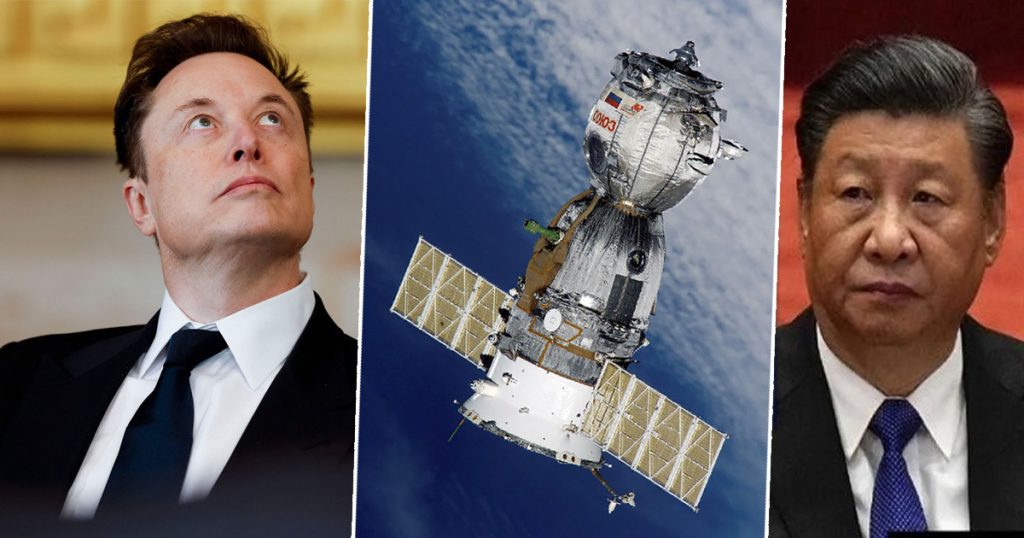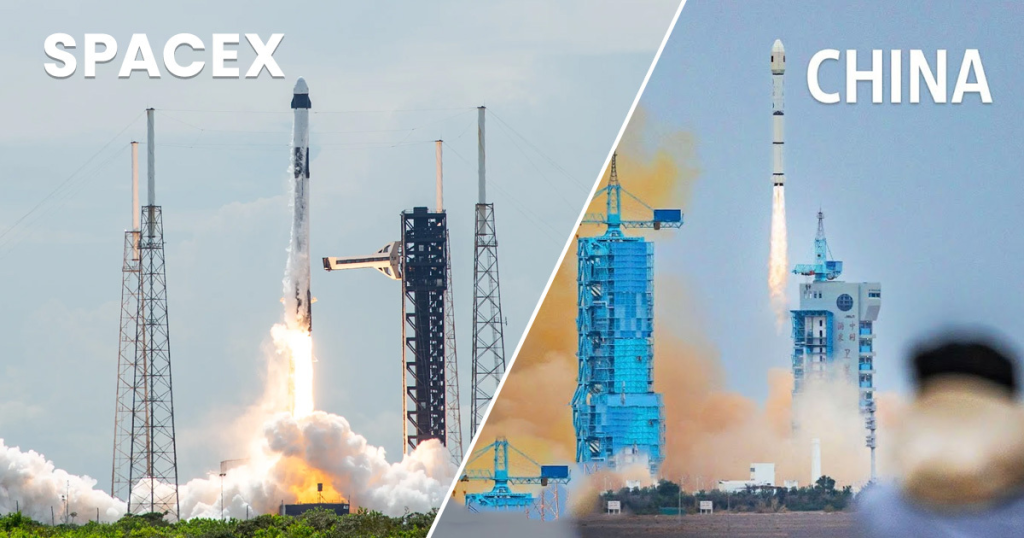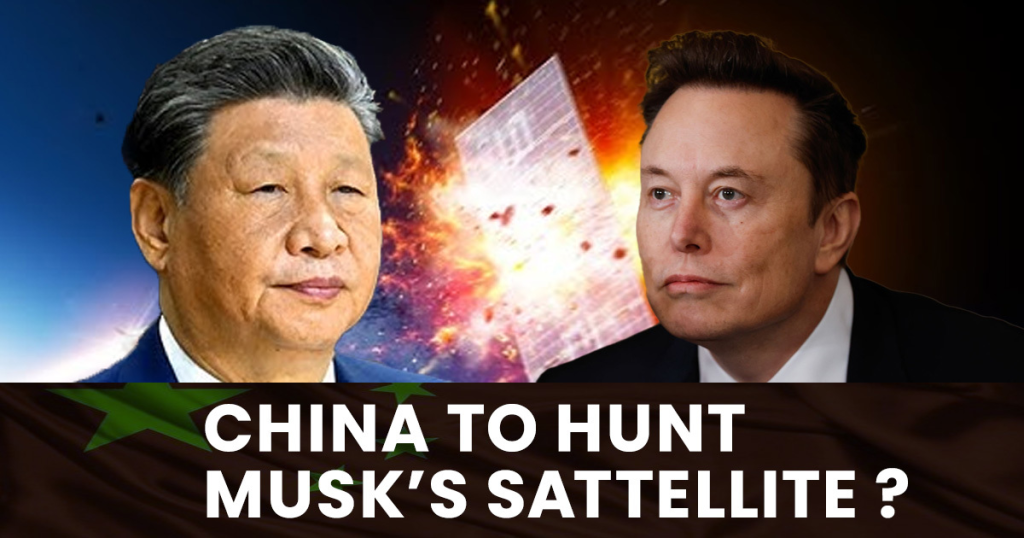
In This Article
- China’s Goal to Accelerate Internet Satellite Dominance
- LEO – China’s Satellite Constellations
- Guo Wang – China’s Ambitious Satellite Internet Project
The race for global dominance in satellite Internet is at its peak nowadays because the Chinese rivals of Musk’s Starlink are accelerating the effort to challenge the world. China has been one of the most powerful rivals of the US in digital dominance; therefore, it is investing billions of dollars in multiple projects, including low Earth orbit (LEO) satellite constellations.
China has a strong desire and national strategic ambition to reach satellite internet supremacy. The projects are backed by state-owned enterprises and private-sector innovation and show that China is motivated to have its own next-generation internet infrastructure. Resources indicate China is not only doing it for commercial dominance but also for national security and to expand its global influence.
China’s Goal to Accelerate Internet Satellite Dominance
The most advanced and critical way to dominate the whole world is to grab the first position in the digital war. China is expanding its broadband networks, targeting the military and civilian services to empower its global influence. Its measures show that China has the target to provide seamless global connectivity in remote or unserved sensitive areas where the internet is not present till now. As a result, China aims to dominate foreign reliance and satellite operations.
The advancement in the latest technologies makes tech giants like the US and China hover over space-based communication services. This is the need for strategic, economic, and geopolitical objectives.
China is continuously developing its own ground stations and globally advanced infrastructure and communication satellites using the latest technologies like laser communication and on-orbit processing to ensure the integrity and security of the system.

LEO – China’s Satellite Constellations
China’s popular satellite initiative, Low Earth Orbit (LEO), is helping it to move forward in the race of space-based internet infrastructure and to deal with the competition with the giants like Starlink and other Western companies. With a significant government investment and large-scale satellite deployment, China is ready to take the challenge.
China’s speed to accelerate in the competition is remarkable, but some hurdles are making the progress a bit slow. The most prominent challenges in this regard are international regulatory approvals and orbital congestion.
Guo Wang – China’s Ambitious Satellite Internet Project
Guo Wang is another state-backed initiative China is working on to compete with Starlink. China Satellite Network Group (China SatNet) is the leader of this project, and its target is to deploy over 13,000 satellites. As a result, China will be able to provide low latency and high-speed internet in rural, remote, and other underserved areas.
China is interested in such projects because it makes it independent, and it will not have to rely on Starlink and other internet access resources for sensitive communication over distance. At the moment, Starlink has 12000 satellites and provides global coverage, but Guo Wang will provide the dominance with even more than this number of satellites. China will be self-sufficient in this way and will have its own aerospace sector.

As platforms like Starlink and Guo Wang are moving towards the ultimate advancements in the internet, businesses must be ready to embrace the power of high-speed internet and technologies like artificial intelligence to boost their performance. For this, the best option is Weborik Hub working for the AI integration in the web solution for smooth performance and reliability.
China is making remarkable progress in satellite internet technology and funding a huge amount of money to win the race. Experts comment that it has a high chance of dealing with the pressure, but some key factors may change the whole scenario. No one can guess the result, but this global competition is making satellite internet access more interesting and fierce.



